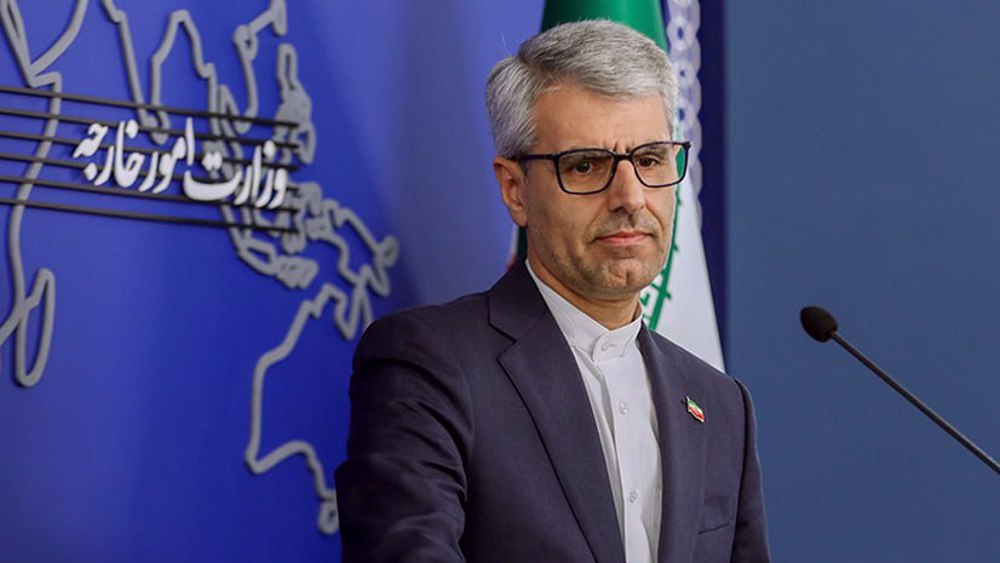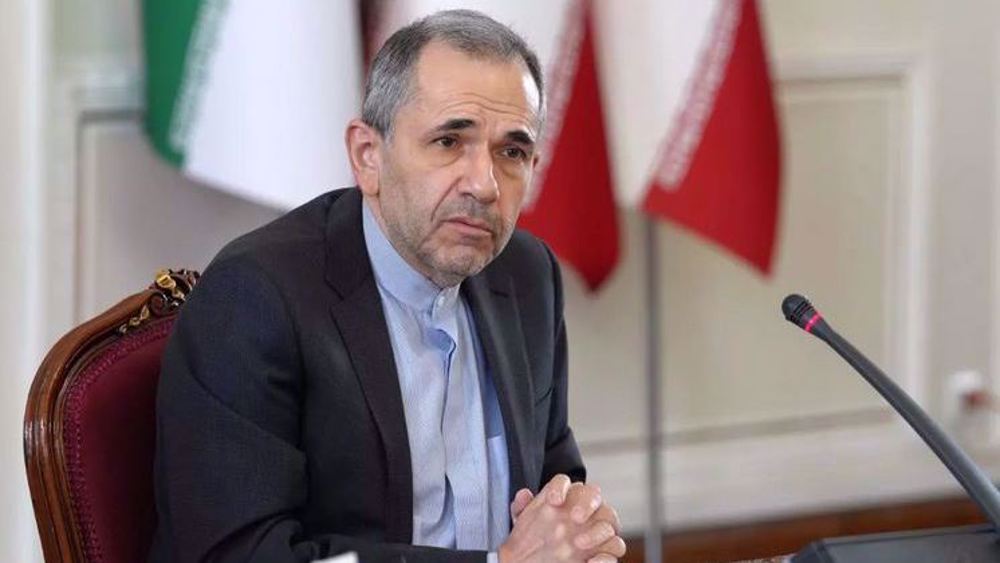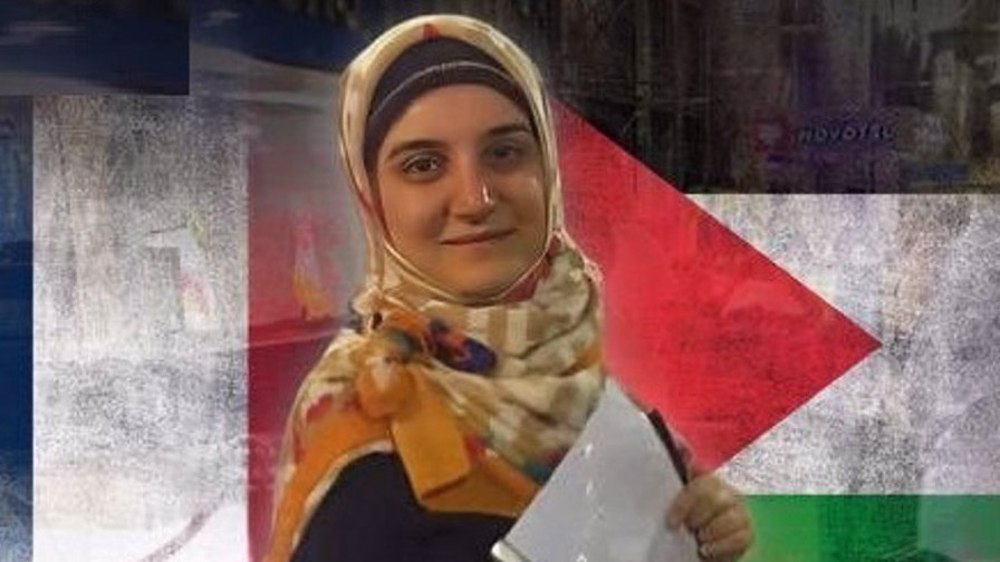S-300 ban removal signifies Iran, Russia resolve to boost ties: Dehqan
Iran’s Defense Minister Brigadier General Hossein Dehqan says Russia’s decision to lift a ban on the delivery of S-300 missile system to Iran indicates the political will of the two countries’ officials to improve cooperation in all fields.
“The expansion of cooperation [with Russia] and improving cooperation with other neighboring countries in various fields can be very effective in establishing sustainable stability and security in the region,” Dehqan said on Monday.
“Extra-regional threats and the spread of terrorism by Takfiri groups have increased the need to further expand cooperation [between the two countries]...,” he added.
The Iranian defense minister’s remarks came after Russian President Vladimir Putin on Monday signed a presidential decree paving the way for the long-overdue delivery of S-300 missile system to Iran.
Putin’s decree lifts a ban on "the shipment from Russia to Iran" of the S-300 missiles, the Kremlin said in a statement.
The decision to lift the ban comes after Iran and the P5+1 group of countries - the five permanent members of the UN Security Council plus Germany - reached a mutual understanding on Tehran’s nuclear program in the Swiss city of Lausanne on April 2.
Under a contract signed in 2007, Russia was obliged to provide Iran with at least five S-300 defense systems.

However, Moscow refused to deliver the surface-to-air missiles to Tehran in 2010 under the pretext that it is covered by the fourth round of the United Nations Security Council sanctions against Iran over its nuclear program, which bars hi-tech weapons sales to Tehran.
Following Moscow’s refusal to deliver the system, Iran filed a USD four-billion suit against the Russian arms firm, Rosoboronexport, with the International Court of Arbitration in Geneva.
SF/HMV/SS

Iran: Second round of indirect talks with US will be held in Oman

Iran, Armenia should elevate ties to strategic partnership: Deputy FM

French police detain female Iranian academic to silence anti-Israeli genocide voices
Full-blown famine grips Gaza as 91% of population faces extreme food insecurity: NGO
VIDEO | Press TV's news headlines
Iranian FM informs Saudi counterpart about indirect talks
VIDEO | Pakistani parliament adopts resolution against Israeli atrocities in Gaza
Iran: Second round of indirect talks with US will be held in Oman
China urges US to ease trade tensions via ‘equal dialogue’
‘Hamas not defeated, military overstretched’: Israeli army chief
Iran, Armenia should elevate ties to strategic partnership: Deputy FM







 This makes it easy to access the Press TV website
This makes it easy to access the Press TV website